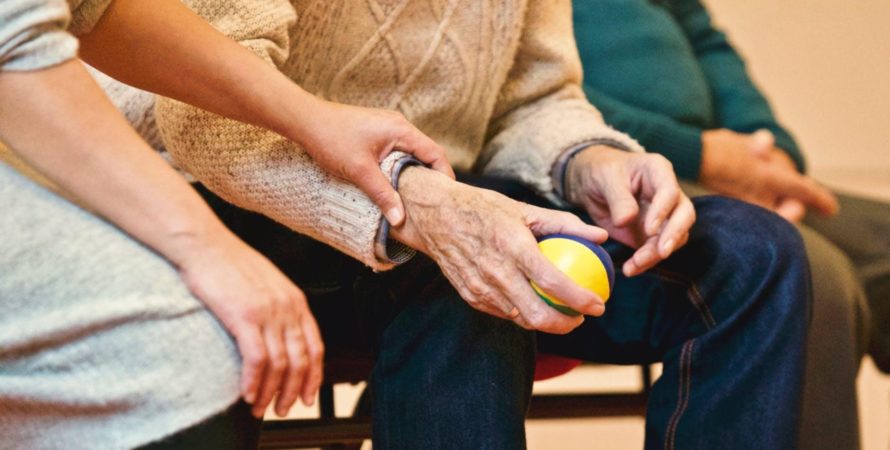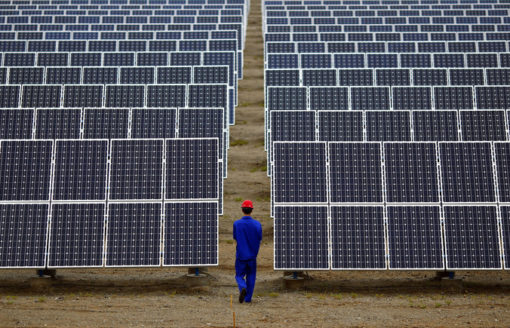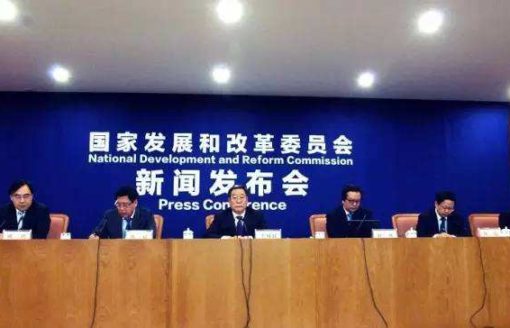Being the most populated country in the world, China’s population for its senior citizens is currently at 250 million and is predicted to double by the year 2050. Chinese tech companies are taking advantage of this demographic change by providing smart solutions at home for elderly care. One such tech firm offers the elderly a webcam, television, voice assistant and emergency system at just 1 Yuan per day. The set-up box and webcam are paired with the television and the voice assistant at their disposal is called “Xiaoyi.” This set-up helps the elderly get access to medicines, an SOS system alongside previously paid-for housekeeping and food delivery services. For an additional 2 Yuan per day, a small robot is also offered that alerts the medical center in case of calls for help.
Lanchuang Network Technology is one of the first and few private companies in China that has penetrated the aged healthcare industry. Launched in April 2019, Launchang has already become a success. 220,000 users from 16 cities have already registered themselves for the smart healthcare system. More than half of the elderly people registered belong to the Shandong province where Lanchuang is based. The province is estimated to have the highest growing elderly population. Lanchuang Network plans on targeting 1.5 million users in 2019, 12 million in 2020 and nearly 30 million in 2021. This makes it obvious that the company believes that the smart care system has a lot of potential due to the growing population of aged people.
The main objective of such smart care systems is not to make money from its clients that comprise of old people mainly on pensions. They want to take a cut from the providers of offline services. The healthcare market in China for the elderly is massive but the service providers’ aren’t making the best of this opportunity. Launchang is also collaborating with China Mobile to invent a smart-phone for the elderly. This reflects the initiative by Chinese companies to cater to the vast elderly population of China.
Traditionally, the responsibility of aged parents falls on their children. However, since more and more children are moving to different cities, the demand for home healthcare services is increasing. Many families consider nursing home but they are considered expensive and are presumed to be linked with abuse. This is why old people prefer to live in their own homes. The Chinese Central Government has also made an investment of 22 million Yuan in the Lanchuang smart care platform.





China is the Renewable Energy Champion